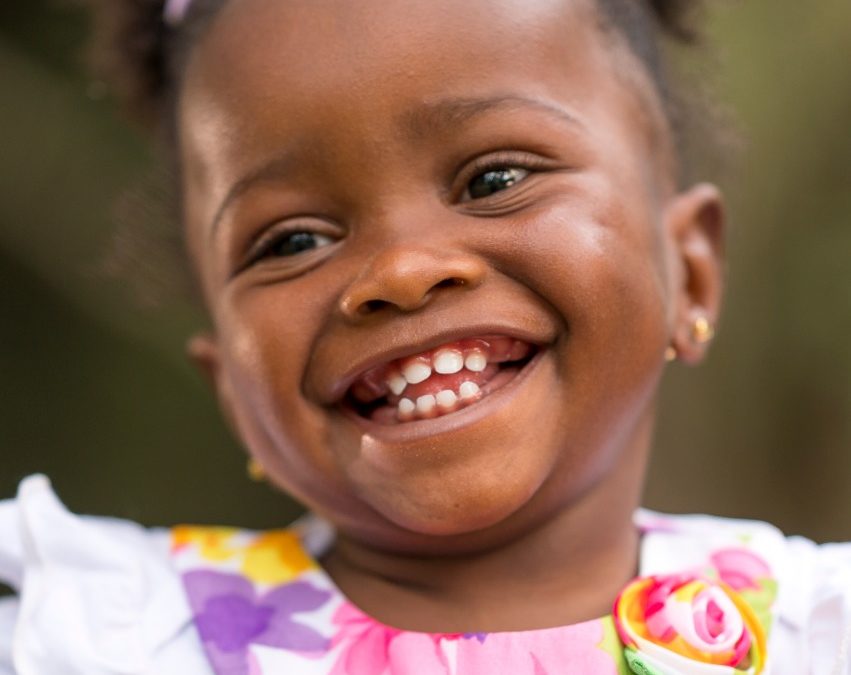World Birth Defects Day, March 3, to raise awareness with one voice
Birth defects affect nearly 8 million infants every year, or 6% of all babies. This includes around 180,000 babies who are born each year with clubfoot. Clubfoot is one of the most common congenital birth conditions affecting an estimated 1 in 800 births globally – striking roughly every three minutes. While we don’t know what causes this common birth defect, we do know how to treat it and turn lives around from ones of disability to ones of possibility.
That’s why Hope Walks is joining other birth defect prevention organizations, including the World Health Organization, March of Dimes, the Global Clubfoot Initiative and the Centers for Disease Control and Prevention, to increase awareness about all birth defects, including clubfoot, on March 3, World Birth Defects Day.
Hope Walks has enrolled more than 150,000 children in clubfoot treatment using the Ponseti method of casts and braces across more than 20 low- and middle-income countries over the past 15+ years. This minimally invasive procedure positively impacts the lives of not only the child born with clubfoot but their families and communities.
One such child is Tunu, who was born in Kenya. Tunu’s name in Swahili means “something of value; a true gift.” This is what she was to her mom Esther. But the joy of receiving this gift was momentarily shattered when Esther learned Tunu was born with clubfoot.
“I went into complete shock, panic, just utter disbelief,” Esther said. “Children born with disabilities are often viewed here [in Kenya] as a burden rather than a blessing. The nurses and doctor in NICU comforted me; my partner was there, too, in a state of shock. They told me that Tunu had a birth defect (the first time ever to hear that word) and an underlying condition they could not quite figure out.”
“Tunu was diagnosed with bilateral clubfoot as her feet were visibly curved inwards,” Esther said. “They explained further that it was a correctable birth defect with a series of casts and bracing thereafter (known as the Ponseti method).”
After leaving the hospital, Esther continued following the doctor’s orders, but Tunu’s feet kept turning back in. An orthopedic pediatric surgeon eventually diagnosed her with arthrogryposis, the underlying condition making clubfoot more difficult to correct. He referred her to a Clubfoot Care for Kenya partner clinic in Nairobi. Here it was determined the casting process would need to start again.
Fast forward to today. Tunu is three years old and recently joined preschool. She enjoys arts, swimming, music, and playing with other children her age – all on beautiful, straight feet! But seeing her child healed was not enough for Esther. Her experience prompted her to start the Bold Out Campaign, where she raises awareness about birth defects, including clubfoot. This campaign eliminates the stigma and negative perceptions of clubfoot and other disabilities in her home country of Kenya. Through the Bold Out Campaign and Tunu Afrika, a nonprofit organization Esther started, more families are finding hope and comfort amid challenges with birth defects.
Bold Out Campaign partners with Clubfoot Care for Kenya, an organization in Kenya that raises awareness, and partners with existing health centers to establish clubfoot clinics where children are treated at no charge to their families. Ann Nyakio, the founder and director of Clubfoot Care for Kenya, and Esther work together to ensure all children born with birth defects are identified and referred for treatment.
Today, Hope Walks partners with Clubfoot Care for Kenya, and many other organizations in 15 countries to raise awareness about clubfoot and its treatment. Leading more people to treatment and healing is a daily battle, 365 days a year. On March 3, we hope to raise awareness of all birth defects through one collective voice.
For more information on World Birth Defects Day, visit www.worldbirthdefectsday.org. For more information about the treatable birth defect of clubfoot, visit www.hopewalks.org.
Hope Walks, an international nonprofit organization headquartered in Dillsburg, PA, is dedicated to ensuring care for all children born with clubfoot and ending disability from this common treatable birth condition. Hope Walks partners with the existing health system in Latin America and Africa to provide free treatment to these kids. With such care, kids can walk, run, jump, and play with their friends and grow up in a future of promise.
Photos of Tunu in Kenya in various stages of treatment and maintenance for clubfoot





